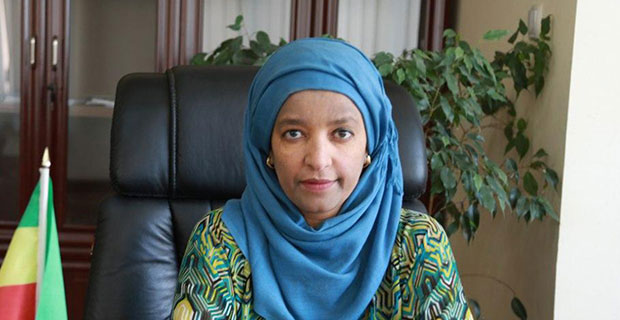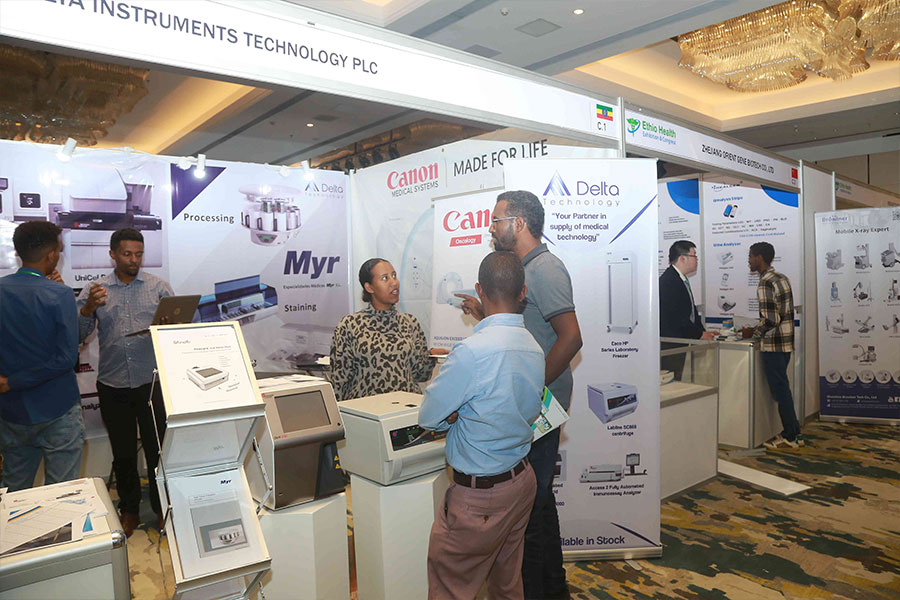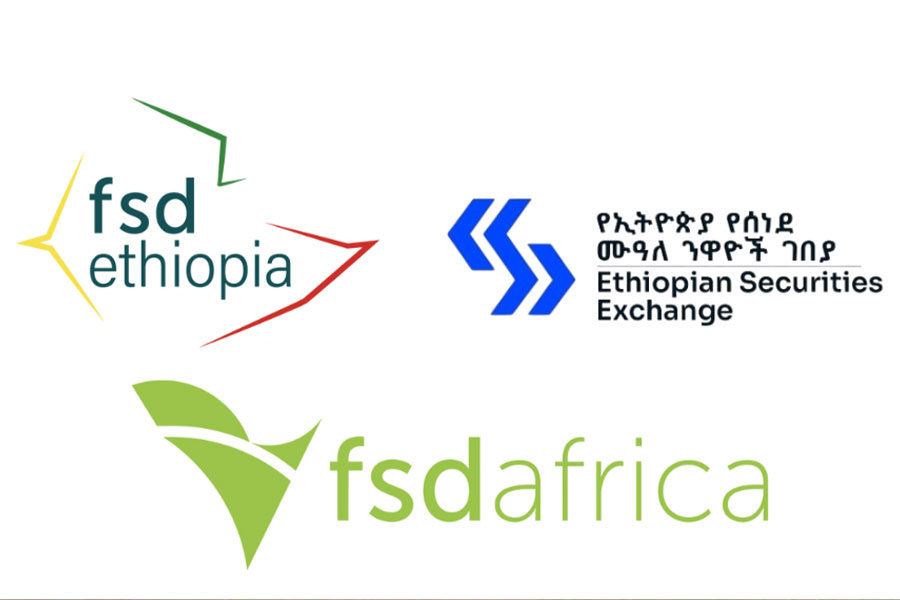
Fortune News | May 07,2022
The transparency, legal frameworks and technical expertise in Ethiopia's budding capital markets are sparking discussions between investors and industry players. They focus on navigating this uncharted territory and unlocking new avenues for investment, empowering businesses, and boosting economic growth.
A cornerstone of any thriving capital market is transparency as investors rely on accurate and readily available information to make informed decisions. A lack of clarity, observed in some companies that sell shares, breeds distrust and ultimately hinders market vibrancy.
Mehrteab Leul, managing partner of pioneering law firm Mehrteab & Getu Advocates LLP, emphasises the need to revise Ethiopia's tax clearance procedures, capital accounts regulations, and foreign company registration processes. These revisions will bolster confidence and entice investors to participate in the market.
"Lack of transparency will be penalised by the market," he said.
While embarking on this new adventure, a crucial consideration lies in establishing a healthy balance between debt and equity markets. Recognising Ethiopia's existing treasury bill auctions conducted by the central bank, Lutz Hartzman, a lawyer and co-founder of Axis Capital, recommends prioritising debt markets as a launchpad. He cautions the government to tread carefully and avoid crowding out equity markets with overly attractive debt offerings.
He said: "No company can beat 18pc returns offered by debt instruments."
While a 10pc stake in the state-owned Ethotelecom is the first to be offered, at least four more companies within the country's sovereign wealth fund Ethiopian Investment Holding are poised for listing. With experience in European capital markets writing multiple prospectus documents for companies, Lutz recommends prudent interest rate management, especially given plans to list several state-owned enterprises on the exchange.
"They would be shooting themselves in the foot with too high interest rates on the debt side," he told Fortune.
Ethiopia has a distinct advantage in its foray into capital markets: the opportunity to learn from the experiences of others. However, maintaining a sustainable equilibrium is essential.
Mark Duffy, a seasoned banker with over 17 years at the helm of the Bank of Scotland and co-founder of Axis Capital, emphasises the importance of lessening reliance on solely foreign expertise. He advocates for a nuanced understanding of local challenges.
"Measured adoption of international practices is crucial," he said.
The burgeoning ecosystem is attracting attention from international players. Kenyan Capital Bank (KCB), represented by its President Paul Russo, expresses a keen interest in entering the market through acquisitions, subject to legal frameworks. Paul emphasises that commercial banks will need to adapt to the new reality of capital markets. Embracing robust investor relations, strategic thinking, and a focus on delivering returns will be paramount for their success.
"We have been on a treadmill since the proclamation," he said.
Balancing regulatory oversight with attractive investment incentives will be key to attracting and retaining foreign capital. This highlights the crucial role of legal professionals like Getu Shiferaw, co-founder of Mehrteab & Getu Advocates. He raised the absence of secondary markets as a concern of potential foreign investors, who require clear exit strategies.
Law firms are poised to play a pivotal role. A pioneering corporate law firm, Mehrteab & Getu Advocates LLP, dedicated resources specifically to capital market-related services, offered in partnership with Axis Capital Ltd. The partnership was launched last week at Hilton Addis where the co-founders were in attendance.
Director General of the Ethiopian Capital Market Authority, Brook Taye (PhD), was the keynote speaker during the ceremony alongside investment commissioner Hana Arayaselassie. Brook recognised the vital role law firms play as transaction advisors, ensuring transparent and efficient market operations.
The conversation did not just involve external investors and legal frameworks. A skilled workforce was mentioned as the backbone of a thriving capital market where existing financial institutions, particularly commercial banks, are facing a period of adaptation.
Melaku Kebede, president of Hibret Bank, highlighted the current gap in technical expertise. While some senior management within his organisation have undergone basic capital market certifications, he underscored the need for more extensive training programs. He expressed excitement over knowing the prices of shares, as raising capital within banks in Ethiopia entails an informal and opaque process with shareholders dealing amongst themselves.
"We don't know what we're worth," Melaku said.
Crucial questions were raised during the discussion with a refreshing perspective from the neighbouring country's experience.
Worqu Lemma, vice president of Oromia Bank, asked on how banks can participate in the capital markets.
"Banks, can in fact, pursue both strategies," said the president of KCB. He dismantled the notion of a binary choice – listing on the exchange or simply investing while he acknowledged the challenges banks will face as they adapt to the capital markets.
"It'll not be a walk in the park," he cautions, "however, the potential rewards are significant."
PUBLISHED ON
Mar 09,2024 [ VOL
24 , NO
1245]

Fortune News | May 07,2022

News Analysis | May 04,2025

Sunday with Eden | Apr 25,2020

Fortune News | Jun 05,2021

Radar | Feb 25,2023

Radar | Apr 13,2025

Radar | Nov 20,2023

Radar | Jul 06,2019

Fortune News | Mar 16,2024

Commentaries | Sep 21,2019

Dec 22 , 2024 . By TIZITA SHEWAFERAW
Charged with transforming colossal state-owned enterprises into modern and competitiv...

Aug 18 , 2024 . By AKSAH ITALO
Although predictable Yonas Zerihun's job in the ride-hailing service is not immune to...

Jul 28 , 2024 . By TIZITA SHEWAFERAW
Unhabitual, perhaps too many, Samuel Gebreyohannes, 38, used to occasionally enjoy a couple of beers at breakfast. However, he recently swit...

Jul 13 , 2024 . By AKSAH ITALO
Investors who rely on tractors, trucks, and field vehicles for commuting, transporting commodities, and f...

Oct 11 , 2025
Ladislas Farago, a roving Associated Press (AP) correspondent, arrived in Ethiopia in...

Oct 4 , 2025
Eyob Tekalegn (PhD) had been in the Governor's chair for only weeks when, on Septembe...

Sep 27 , 2025
Four years into an experiment with “shock therapy” in education, the national moo...

Sep 20 , 2025
Getachew Reda's return to the national stage was always going to stir attention. Once...